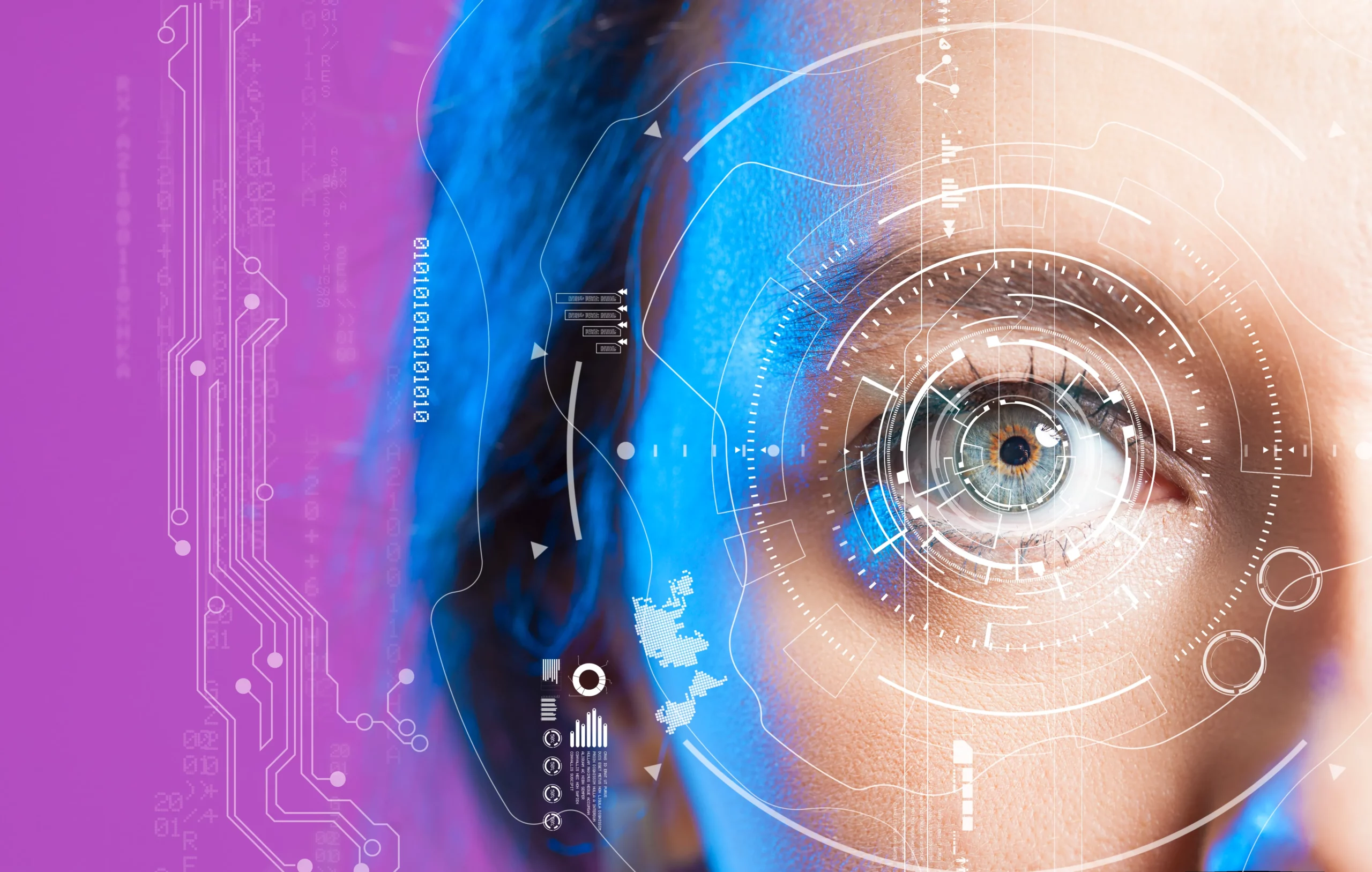Researchers at the Chinese University of Hong Kong (CUHK) have developed VisionFM, an artificial intelligence (AI) model that excels in diagnosing and predicting various eye conditions. This AI-driven advancement demonstrated superior accuracy compared to intermediate-level ophthalmologists in key diagnostic tasks, positioning it as a transformative tool in healthcare.
The VisionFM model specializes in ophthalmic clinical tasks, including disease screening and diagnosis. In a study published in NEJM AI, VisionFM matched or exceeded human doctors in identifying 12 ocular diseases and surpassed the foundational RETFound model in predicting glaucoma progression. Its adaptability to new datasets and imaging modalities underscores its potential as a versatile resource for eye care.
VisionFM was trained on 3.4 million images from 500,000 patients across eight imaging techniques, such as fundus photography and optical coherence tomography. This extensive training allows it to perform with high precision, particularly for Chinese patient data. Researchers noted, however, that the model’s training bias highlights the need for further validation with diverse populations to ensure global applicability.
VisionFM reflects a broader trend of integrating generative AI into healthcare. Hong Kong’s Centre for Artificial Intelligence and Robotics (CAIR) has also advanced this field with CARES Copilot, an AI tool assisting surgeons with diagnostics and planning. Unlike VisionFM, which aspires to be an open-source generalist model, many medical AI systems remain task-specific.
CUHK researchers emphasize that while VisionFM shows promise, there is room for improvement. Enhancing its training data diversity and expanding its use case evaluations are key next steps. As AI models like VisionFM evolve, their integration into medical practice could significantly improve diagnostic precision and patient care worldwide.
Author’s Opinion
VisionFM’s success highlights the remarkable potential of AI in transforming healthcare, particularly in specialized fields like ophthalmology. However, its reliance on training data primarily from Chinese patients underscores a broader challenge in AI development: ensuring models are inclusive and representative of diverse populations. While VisionFM’s adaptability sets it apart, addressing these biases will be essential for its global adoption and impact.










